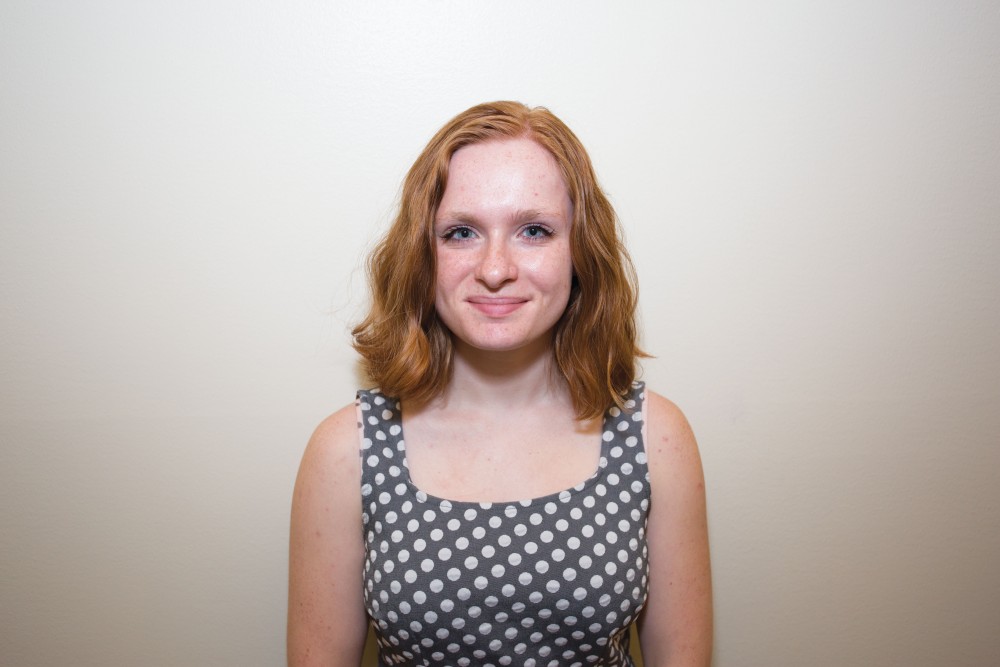Breaking wedding traditions
Mar 31, 2016
On Valentine’s Day, a close friend of mine got engaged, and this past weekend, I went wedding dress shopping with her and a few other ladies.
Instead of heading to a pricey bridal salon, my friend decided to schedule an appointment at a small volunteer-run shop which donated all of its proceeds to the support of cancer patients and their families and was stocked with donated dresses that had been used or had been sample dresses at other stores. Our expedition (which resulted in my friend choosing the first dress she tried on), was simultaneously as quintessential as a “Say Yes to the Dress” episode and as different as her wedding is going to be.
Traditions are rife in modern-day wedding ceremonies. Some of them are benign enough—the lighting of candles to symbolize unity, for example—while others serve as symbolic representations of archaic philosophies which no longer represent commonly accepted ideas about gender equality and other issues.
My friend and her fiancé are opting to omit many old wedding traditions (including some that are arguably sexist) and will instead have a more ‘progressive’ ceremony. They have what would be considered a very egalitarian relationship, and they want their wedding to reflect this.
First, my friend and her fiancé will do away with traditional religious-based commentary on the notion of feminine submission. For two people who believe in gender equality, the idea that a marriage should be anything but an equal partnership is untenable.
Religious commentary in general will probably not play a significant role (if any) in the ceremony, as neither the bride nor groom are particularly religious.
In keeping with the notion of gender equality, my friend and her fiancé are considering walking down the aisle together. They aren’t particularly keen on the idea of the bride being ‘handed off’ by her father to her husband, symbolizing the archaic notion of male ownership and the transfer of said ownership to another man. To avoid this, then, they may just walk down together.
My friend is going to have a less traditional wedding in other ways, too. For example, she asked one of her best friends from college to be a ‘bridesman’ in her wedding party. Her fiancé, too, asked his little sister to be his ‘best lady.’ The bride’s younger brother, a mortgage banker by day, will also be performing the wedding ceremony in lieu of a pastor or a justice of the peace.
For most brides and grooms, traditions play an important role in their wedding planning and ceremonies. They may value the concepts presented by some of these traditions (e.g. unity candles) or the old familial ties which certain traditions hold.
Some people, though, take issue with the origins and inherent symbolism in many of these traditions and instead opt to eliminate them or take an alternative route. I am excited to be able to participate in one such progressive wedding next year, and I am eager to see how it will play out and how it will be received, particularly by more traditional family members.
























